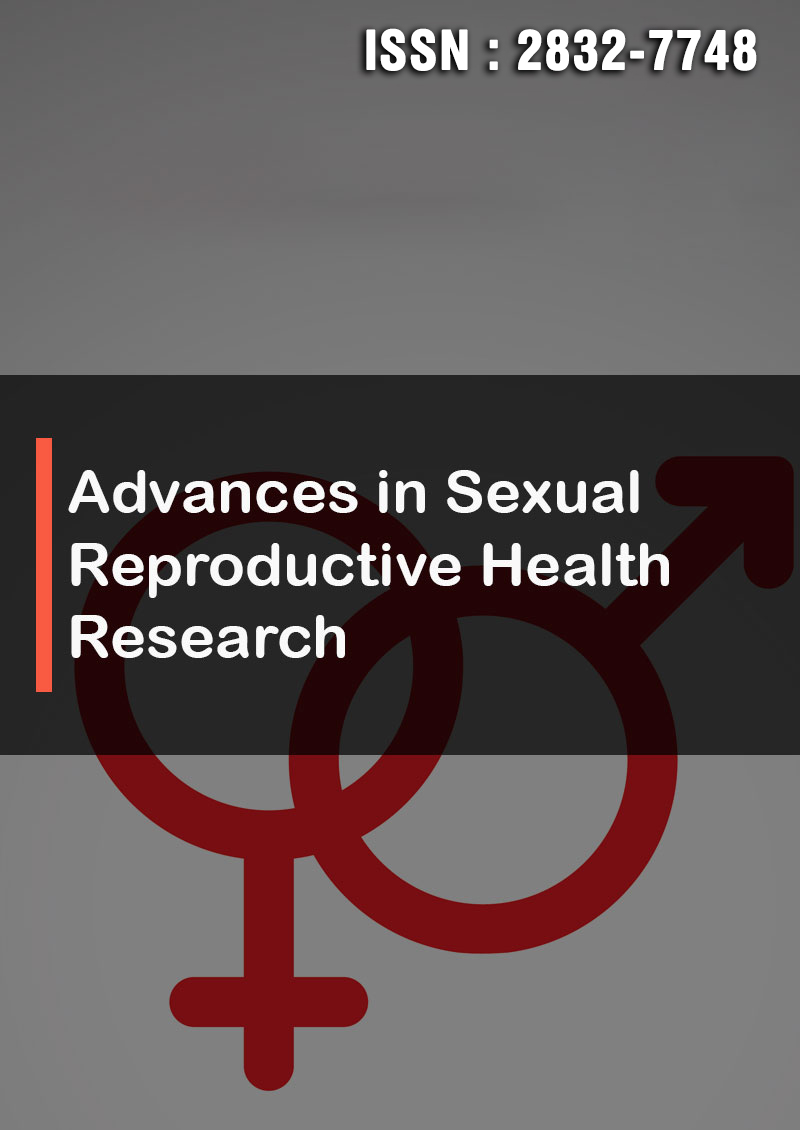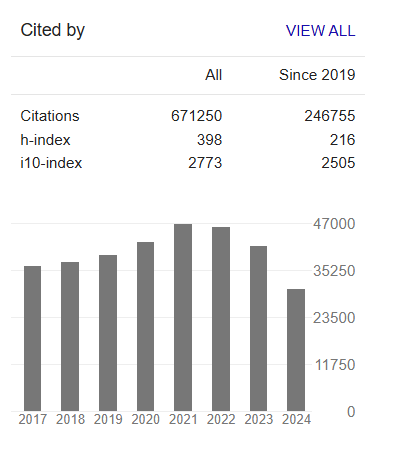The Impact of Intermittent Preventive Treatment with Sulphadoxine Pyrimethamine on Pregnant Women and Newborns at Bon Samaritain
Abstract
Neguemadji Ngardig Ngaba*, Obelix Askemdet, Janne Patrice Necesito Junsay, Madhuri Yanamala, Sweetyben Patel, Namrata Hange, Maria Kezia Lourdes Ligsay Pormento, Amit Gulati, Sakshi Khurana, Nodjimadji Tamlengar Martial, Raga Sruthi Dwarampudi, Imteyaz A Khan, Zeryab Ghous Dogar, Amel Braham Chaouche and Manoj Kumar Reddy Somagutta
Background
In 2014, the Chadian government initiated a preventative campaign to combat malaria. As part of this program, pregnant women were provided with free intermittent preventive treatment with sulphadoxine-pyrimethamine (IPTp-SP). The primary objective of this study was to evaluate the impact of IPTp-SP on maternal and neonatal health at a hospital in N'Djamena, Chad.
Methods
A cross-sectional study was conducted over a period of 14 months, involving 149 pregnant women who were monitored until delivery for various outcomes such as malaria attacks, anemia, placental malaria, low birth weight, and prematurity in newborns. The data was collected using a pretested questionnaire, and analysis was carried out using SPSS and Rstudio. Odds ratio was calculated to evaluate the results.
Results
The study participants had a mean age of 25.8 ± 6.2 years, with 72.5% of them below the age of 20 years. About half of the participants were housewives with a high school education. It was observed that more than half of the pregnant women (84, 56.3%) did not use insecticide-treated mosquito nets. Out of the 149 study participants, 64 (42.95%) received three or more doses of IPTp-SP, while 31 (20.8%) did not receive any dose of IPTp-SP. Among the total participants, only 30% (45) reported being malaria-positive, while 28.9% (43) were diagnosed with placental malaria. Out of the 43 cases of placental malaria, 21 (48.83%) had not received SP treatment. It was observed that most low-birth weight babies weighing less than 2500g (40, 81.64%) were born to pregnant mothers who had received only one or no dose of SP. Among the 31 pregnant women who did not receive IPTp-SP, 21 (67.7%) reported at least one attack of malaria during their pregnancy. In comparison, only 22 out of 118 (18.7%) women who received at least one dose of sulphadoxine-pyrimethamine reported a malaria attack during their pregnancy (p = 0.001). Out of the 31 pregnant women who did not receive IPTp-SP, 26 women (83.9%) reported anemia with Hb levels below 10.5g/dl, while 17 (65.4%) reported severe anemia with Hb levels below 8g/dl.
Conclusion
The administration of three or more doses of sulphadoxine-pyrimethamine was found to significantly decrease the maternal rate of malaria attack, placental infection, maternal anemia, and low birth weight babies.




